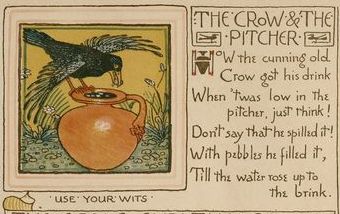The testing requirements of the Consumer Product Safety Improvement Act are due to go into effect nine months from now, when the temporary stay expires. Here’s what they’ll do [AmendTheCPSIA.com] to the economics of one Bay Area designer who specializes in “100% natural, locally-made, completely adorable peapod-shaped baby sleep sacks”, a product line relatively well suited to absorb the costs of a testing program since the item sells for a fairly high price and doesn’t have many component parts:
If I were to have each batch of my current inventory tested by CPSC-approved third party, I would have to pay $57 per print and batch for 3rd party lead testing, and $278 per print & batch for phthalates, totaling $4,690 altogether. If I were to increase my price point based on cost increases to cover this 3rd party testing, I’d have to raise my price point by $19.14 each. My precious baby sleepsacks are barely selling at $53.95, so charging $73.09 each in these tough economic times would surely put me out of business.
[…Or I could instead produce] a single batch of sleepsacks (ONE PRINT). I’d then have it 3rd party tested for lead and phthalates, and increase the price point to $57.95. With an increased price point and only one style/print in my line, I could hardly remain competitive in the marketplace!

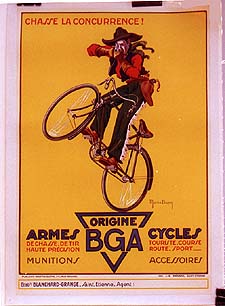
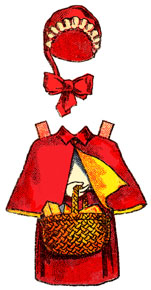
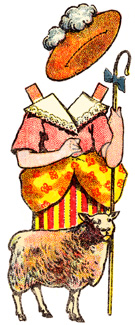
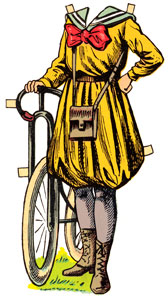
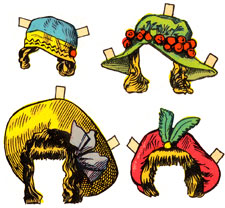
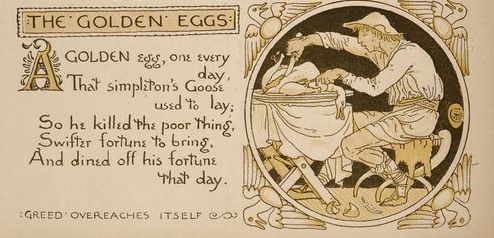 President Obama has nominated South Carolina lawyer and former schools commissioner
President Obama has nominated South Carolina lawyer and former schools commissioner 

